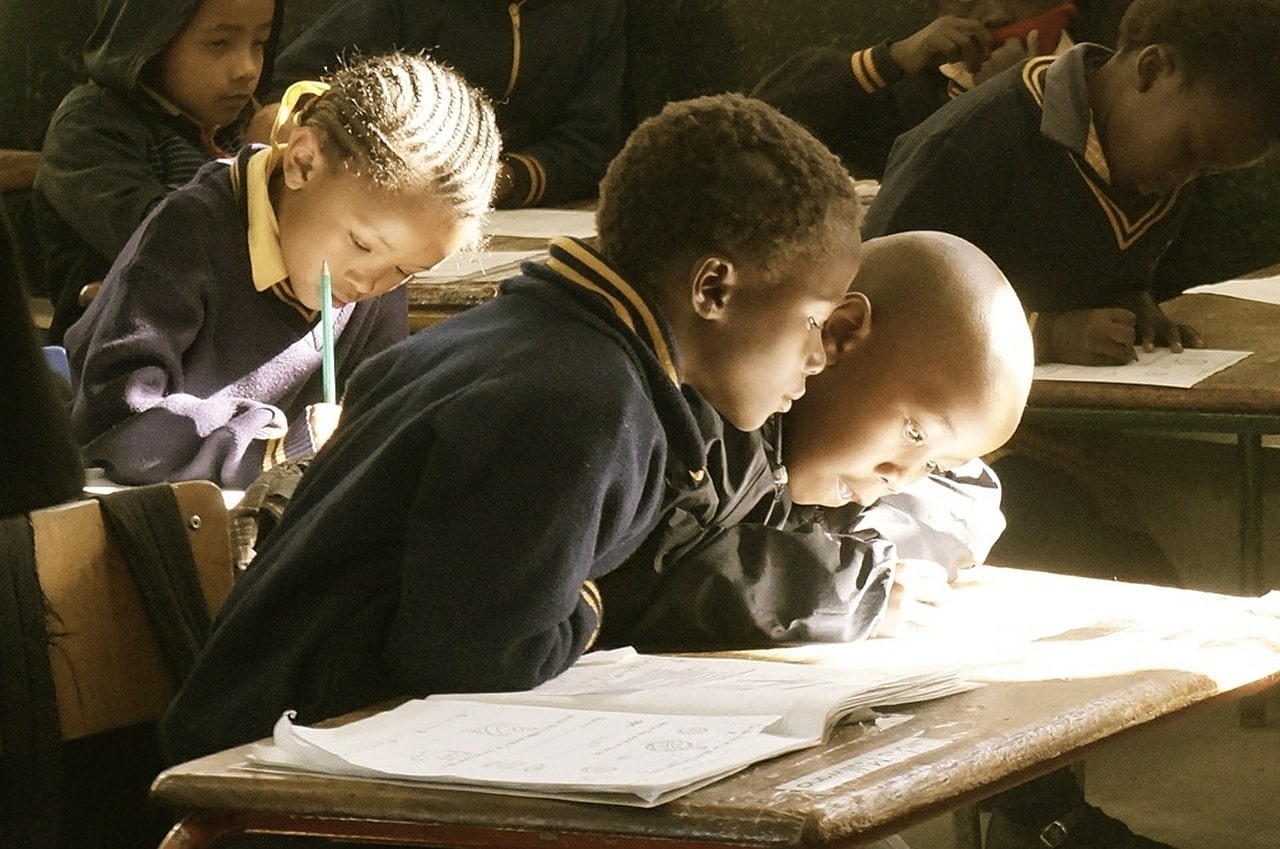The country of Mozambique is home to many tribes and unreached people groups. Some of these groups have heard the good news of Jesus. Others may have heard His name, but have no idea who He really is.
God called Steve and Kate* to bring the gospel to some very remote villages deep in the Zambezi River Delta of Mozambique. As a family, they moved to a town on the Delta and made it their home. At that time, the only way to reach the remote villages was via a rather hazardous canoe journey of two or three days! Steve made several trips over the next few years, but progress was slow.
Mercy Air
In time, the YWAM aircraft, Mercy Air, began to team up with them. Now Steve was able to travel into the Delta by helicopter, a journey of only 20 minutes! Kate was also able to join him on his visits now.
In the meantime, Steve and Kate discovered that a church had already been planted in that area. It was not thriving, but it was there.
Discovering God’s Provision
There was to be another surprise. The couple had understood there to be no scriptures in the local language, Sena. In time they learned that in fact, the Catholics had already produced a Bible translation in Sena!
This was very good news. The discovery led them to ask another more important question.
Could the people read at all? Perhaps education was one of their greatest needs! This too was part of the gospel.
Help From Above
By this time Steve was leading YWAM’s work in that nation. His family was joined on the Delta by a Mozambican couple, Peter and Mary*. Peter got to work giving health care. Mary began gathering the children who had no formal school. She started to teach them letters and numbers. A school was born!
Kate homeschooled their three daughters in remote places and under simple conditions. This experience taught her how to adapt teaching methods to match a child’s strengths. As she and her family were now living in the Delta, she offered her support to Mary. She developed a simple reading scheme that could be used in that setting.
Eventually, people from a nearby village on the Delta asked Mary and Kate to teach them to read as well. The need was great!
Teaching Teachers
In one place, the ladies found two local people who already knew how to read. These women asked them, “Can you teach us to teach others?” Multiplication was now possible!
Traditionally teaching there was done by rote. The students learned to copy their teachers’ word for word. Using this method, the students do not understand what they were reading. Kate says, “it is important to find out how each child actually learns.”
Ladies from Eastern and Southern Africa eventually joined to help with teacher training. Together they produced the very first children’s books ever printed in the Sena language. That was cause for celebration!
Who’s Minding the Baboons?
Rural realities required women to be flexible. For example, in the village, students and even local teachers had to miss school at times. This was because of the need to be on “baboon duty” to protect the crops!
Literacy Opens the World
Literacy opens the world to people in remote and isolated situations. According to the World Bank, educating a girl will help her to live a longer and healthier life. It also significantly raises the survival rate of her children in the future. God is restoring hope.
Steve says, “not just children, but adults are being taught to read. First, this provides a natural way for them to receive the gospel. Then, as they view the world through the ‘lens’ of Biblical truth, their worldview is changed. They gain new hope for themselves, their families, and their communities.”
Knowledge, it is said, is something that you can share without losing anything.
In Sena culture, as in many cultures around the world, some withhold their knowledge and skills. They wish to hold onto their power or to gain a higher position in their community. The YWAMers there insist, “Everyone has something they can teach to others. This may be a skill. Or they may have helpful knowledge that will benefit the members of their community.”
What has happened lately?
The team reports, “Today the literacy work in the Delta continues slowly, amidst the challenges of daily living. But there is no question that there are some children and young people would be illiterate if it wasn’t for the work of YWAM.”
Recently the Director of Education paid a visit to the school. He saw that the YWAMers taught far better than many of the government teachers. It is wonderful to hear that such praise was given to these faithful missionaries.
Years ago, YWAM leaders affirmed their commitment to the Christian Magna Carta. This document describes the basic rights implicit in the gospel message. One of them is that every child would have access to education.
YWAM Frontier Missions teams engage in holistic disciple-making efforts. Are you interested in education, literacy or other community development projects? Register your commitment to the Compassion and Justice Finish Line today!
*not their real names

